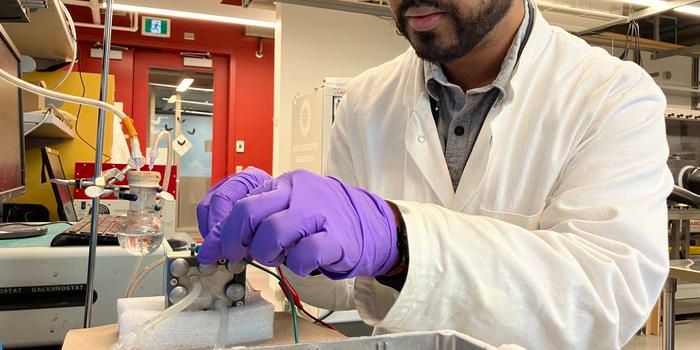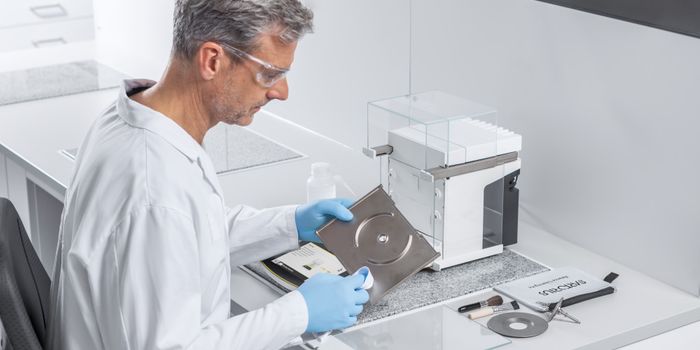Scientists Create Novel Heating and Cooling Method
In a recent study published in Science, a pair of researchers from the Lawrence Berkeley National Laboratory have created a novel method for heating and cooling, which they have dubbed the “ionocaloric cooling”. This study holds the potential to gradually replace climate change-contributing refrigerants while providing safe and efficient heating and cooling for homes in the future.
"The landscape of refrigerants is an unsolved problem: No one has successfully developed an alternative solution that makes stuff cold, works efficiently, is safe, and doesn't hurt the environment," said Drew Lilley, a graduate research assistant at Berkeley Lab, UC Berkeley PhD candidate, and lead author of the study. "We think the ionocaloric cycle has the potential to meet all those goals if realized appropriately."
For the study, the researchers took inspiration from how salt is added to roadways before a winter storm, which alters the amount of time it will take for ice to form on the roads. They then applied this method to refrigeration techniques, which the researchers aspire to one day be utilized for providing efficient heating and cooling, which is responsible for greater than 50% of a home’s energy needs.
"There's potential to have refrigerants that are not just GWP [global warming potential]-zero, but GWP-negative," said Lilley. "Using a material like ethylene carbonate could actually be carbon-negative, because you produce it by using carbon dioxide as an input. This could give us a place to use CO2 from carbon capture."
Since salt is comprised of ions, electrically charged atoms or molecules, it can conduct electricity, and it is because of an electric current that alters a material’s melting point. For their study, the researchers discovered a temperature change of 77 degrees Fahrenheit (25 degrees Celsius) in their very first experiment using less than one volt of electric current, which is a higher temperature increase than other caloric technologies.
"There are three things we're trying to balance: the GWP of the refrigerant, energy efficiency, and the cost of the equipment itself," said Dr. Ravi Prasher, who is a research affiliate in Berkeley Lab’s Energy Technologies Area, adjunct professor in mechanical engineering at UC Berkeley, and sub-author on the study. "From the first try, our data looks very promising on all three of these aspects."
This novel technology is not only now available for licensing, but both researchers have also earned a provisional patent for the ionocaloric refrigeration cycle.
Sources: Science
As always, keep doing science & keep looking up!









